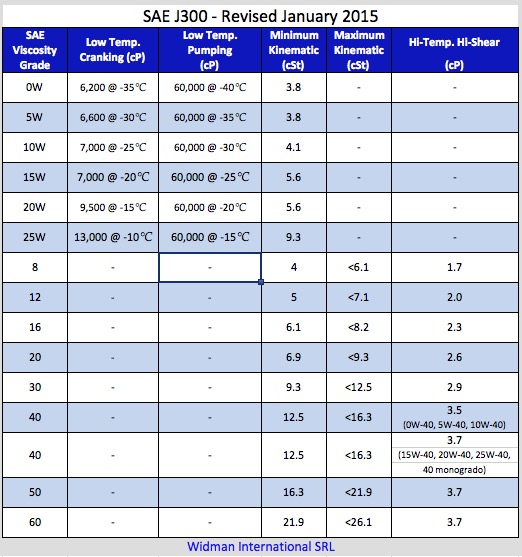What is viscosity? A quick guide with everything you need to know

Keeping our vehicle in optimal conditions involves a fundamental aspect: understanding how the different elements that contribute to its performance operate. Lubricants are one of the most important parts in the functioning of engines.
That is the reason why it is also important to know its properties, and one of the most important is the viscosity. Understanding what it is and how it influences your engine's performance will allow you to make informed decisions when choosing the right lubricant. That's why, in this article, we are going to explain what viscosity is and everything you need to know about it.
What is viscosity?
Viscosity is the measure of a liquid's resistance to flow. Let's give an example. Think about honey and how it flows slowly compared to water, since the viscosity of the former is high and that of the latter, low.
In the context of engine oil, the viscosity describes the capacity to maintain an appropriate lubricant film. An oil with high viscosity is thicker and flows more slowly, while an oil with low viscosity is thinner and flows more easily.
How is viscosity measured?
The Society of Automotive Engineers (SAE) created the SAE J300 standard to standardize the classification of engine oil viscosity at an international level. Under this method, fluids are classified according to their behavior at different temperatures.
Moreover, this standard divides oils into two main categories:
- Monogrades. They are designed to operate at a constant engine temperature They are designated with a number followed by the letter "W" (for winter) or just a number. For example, SAE 10W or SAE 30.
- Multigrades. They are designed to operate at a wide range of temperatures. Their viscosity varies with the temperature, but remains within certain limits. They are designated with two numbers separated by a "W". For example, SAE 5W-30.
The SAE J300 table shows the minimum and maximum viscosities for each oil grade at different temperatures, which makes the selection of the right oil easier.

What is the difference between viscosity and density?
It is important to distinguish between viscosity and density, although they are related properties. Viscosity is the resistance to flow, while density is the mass contained in a specific volume.
For example, a container full of lead is much denser than one full of feathers, since, although they take up the same space, one concentrates much more mass than the other. Another example where you can see the difference between these two properties is water and oil, if we mix water and oil, the oil will stay at the top as it is less dense, however, if we return a glass full of oil and another full of water, the oil will take longer to flow, as it is more viscous.
Thus, an oil may be dense, but have low viscosity, and vice versa. The density isn't a decisive factor in the lubricant's performance, but it can influence its handling and storage.
Is a high or low viscosity better? How to choose the right viscosity
The right viscosity for your vehicle depends on several factors, including the type of engine, operating conditions, or ambient temperature. Always consult your vehicle's manual to determine the viscosity recommended by the manufacturer.
- Low viscosity. Generally, low viscosity oils are preferable for cold climates, since they flow better at low temperatures, facilitating start-up and reducing wear. They are also suitable for modern engines with tighter tolerances. The trend of new engines is to have lower viscosities to minimize friction losses.
- High viscosity. High viscosity oils are more suitable for older engines. They provide a thicker lubricant film that better protects parts under high temperature and load conditions.
Can viscosities be mixed?
It isn't recommended to mix oils of different viscosities, as each oil is formulated with specific additives that may not be compatible with each other. If you do so, it may alter the oil's capacity to maintain a suitable viscosity under different temperature conditions and cause lubrication problems and, as a result, performance problems.
Lastly, remember that the Repsol Lubricants search engine allows you to find the best oil for your engine. You only have to write the license plate number or model. And if you have any questions, write to us through this form and we will be happy to help.
Related content




